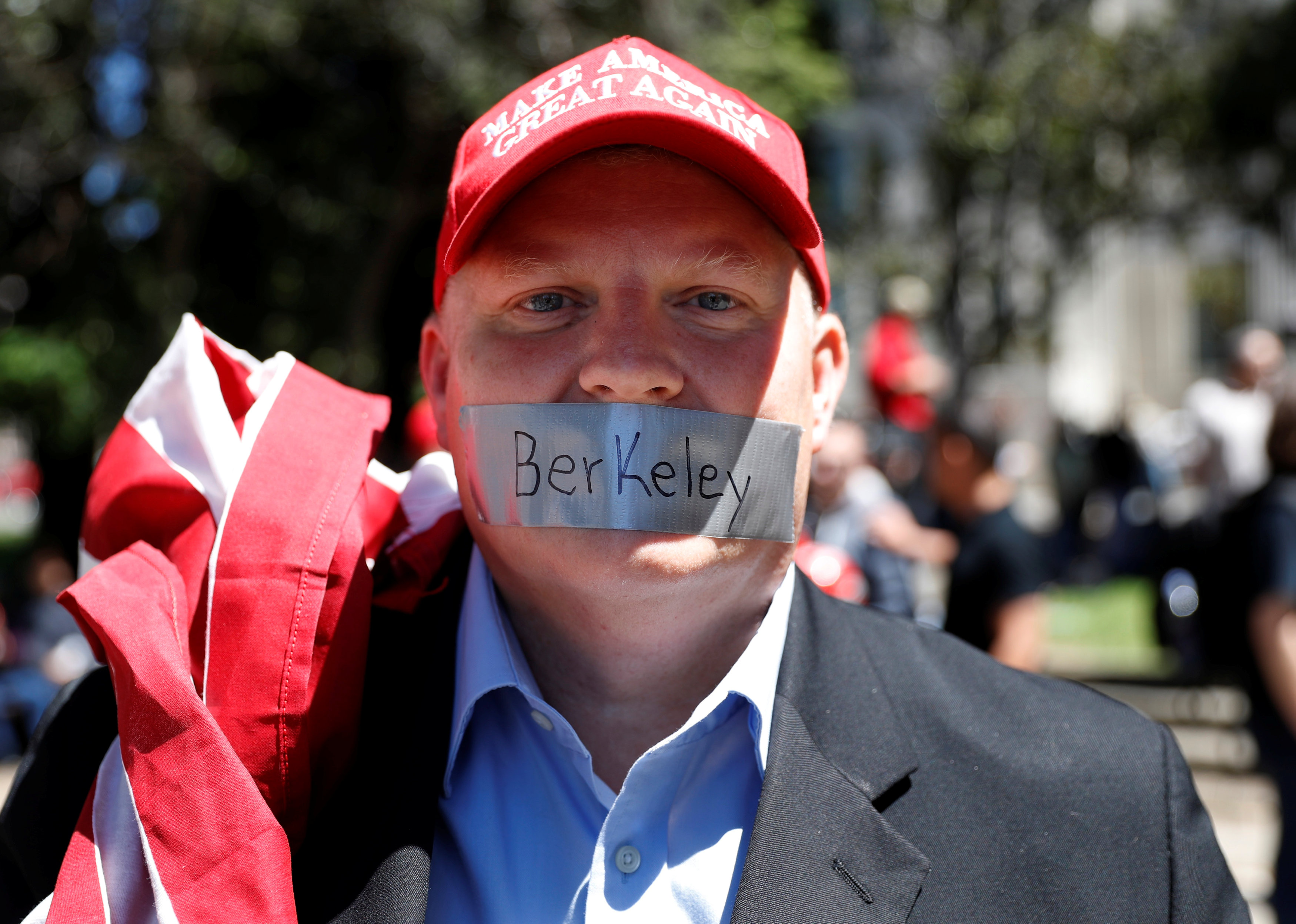
By Parisa Hafezi
ANKARA (Reuters) – Iran’s main pro-reform opposition leaders plan to speak out from their confinement under house arrest this month to publicly back President Hassan Rouhani for re-election, aides say, helping win over voters disillusioned with the slow pace of change.
Rouhani was elected in a landslide in 2013 on promises to ease Iran’s international isolation and open up society. He is standing for a second term against five other candidates, mostly prominent hardliners, on May 19, with a run-off a week later if no candidate wins more than 50 percent of votes cast in the first round.
In his first term, Rouhani expended his political capital pushing through a landmark agreement with global powers to limit Iran’s nuclear program in return for the lifting of international financial sanctions.
But even his supporters acknowledge he has made comparatively little progress on his domestic agenda, after promising that Iranians should enjoy the same rights as other people around the world.
Some reformist critics say he neglected the cause of curbing the powers of the security forces and rolling back restrictions that govern how Iranians dress, behave, speak and assemble.
Nevertheless, Iran’s two leading champions of the reform movement, former prime minister Mir Hossein Mousavi and former parliament speaker Mehdi Karoubi, will urge voters to back him, a spokesman said.
“The two leaders, like in previous elections, will support the candidate backed by the pro-reform faction,” said Ardeshir Amir-Arjomand, the Paris-based spokesman for the two men.
Another source close to the opposition leaders said “Mousavi and Karoubi will announce their support for Rouhani a few days before the May 19 vote.”
Rouhani has already won the backing of former President Mohammad Khatami, considered the spiritual leader of the reformists, who declared his support on his website on Tuesday. Iranian newspapers and broadcasters are banned from publishing the former president’s image or mentioning his name.
Many reformist voters will look for guidance to Mousavi and Karoubi, who both stood for president in 2009 when opposition to the disputed victory of hardliner Mahmoud Ahmadinejad led to Iran’s biggest mass demonstrations since its 1979 revolution.
Both men have been held under house arrest for six years, although neither has been convicted of a crime. Their pronouncements from their confinement are eagerly followed by reformists online.
Maryam Zare, a 19-year-old in Tehran who would be voting for president for the first time, said she would vote only if she heard a call to do so from Karoubi and Mousavi.
“I will vote for whoever they support,” she said.
Others said they would back Rouhani, but only reluctantly.
“He is part of the establishment. We have to vote for the lesser of evils,” said music teacher Morad Behmanesh in the central city of Yazd. “What happened to Rouhani’s promises of releasing the two opposition leaders from house arrest?”
PRIORITIES
Under Iran’s governing system, the elected president’s powers are limited, circumscribed by the authority of the supreme leader, a position held since 1989 by hardline cleric Ayatollah Ali Khamenei.
During Rouhani’s first term, the president won Khamenei’s cautious backing for his nuclear deal. But persuading the leader to accept social change may be a more difficult task.
Some of Rouhani’s allies say he will now be able to make more progress on his domestic agenda if he wins a clear, fresh mandate for another four-year term, which would prove to the hardliners that the public wants change.
“Iranians want to be free and live freely. They are not against the Islamic Republic. People will continue to fight for their rights,” a senior official in Rouhani’s government said on condition of anonymity.
But international rights groups and activists in Iran say there were few, if any, moves to bring about greater political and social freedoms during Rouhani’s first term. Dozens of activists, journalists, bloggers and artists were jailed on political grounds.
Rouhani often suggests that he has no control over such arrests, carried out by the mostly hardline judiciary and the Revolutionary Guards, a powerful military force.
“I have lost my hope over Rouhani’s ability to reform the country. His main focus has been economy, not improving civil rights,” said Reza, 28, a reformist who was jailed briefly after the 2009 election and asked that his surname not be published for security reasons.
The president has had some success on promises to loosen Internet restrictions, but access to social media remains officially blocked, although Rouhani, Khamenei and other officials have their own Twitter accounts.
Human Rights Watch said last year that Rouhani had failed to deliver on his promise of greater respect for civil and political rights. The New York-based Committee to Protect Journalists in 2015 said that more journalists were in jail in Iran than any country other than China and Egypt.
The total number of political prisoners held in Iranian jails has not been disclosed. About a dozen people who also hold other nationalities have been jailed for what rights groups consider political offences.
“Whoever wins Iran’s presidential election should prioritize improving the country’s dismal human rights situation,” said Louis Charbonneau, U.N. director at Human Rights Watch.
“Iran has maintained the highest per capita execution rate in the world for years … it put 530 people to death last year, many for drug offences and a number of them minors.”
Rouhani benefits because reformist voters have no other choice on the ballot, where candidates are vetted by a hardline body.
Reformist voters will have to judge him in the context of what is possible under the system, said Saeed Leylaz, a prominent economist imprisoned under Ahmadinejad for criticising economic policy, who is now close to Rouhani’s government.
“Rouhani’s failure to fully deliver his promises on social reforms will impact the vote … but Iranians are well aware of his limitations and his achievements.”
(Writing by Parisa Hafezi; editing by Peter Graff)











